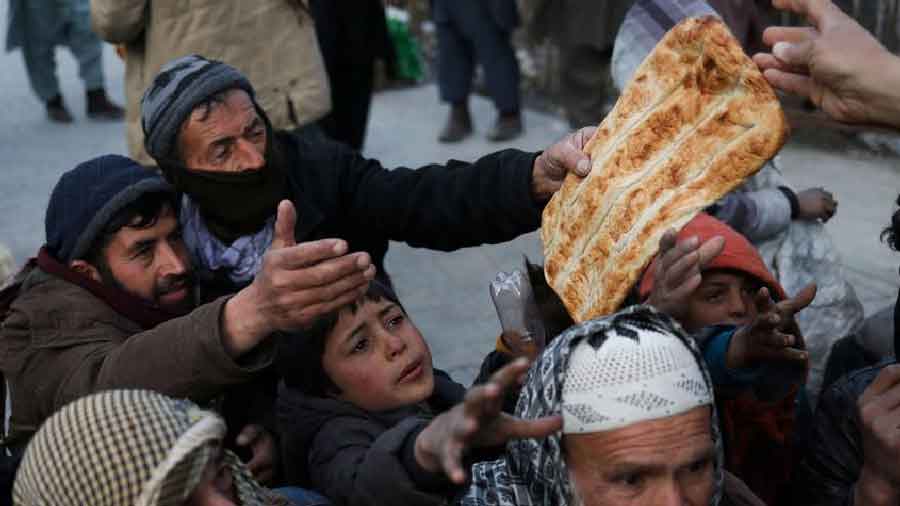On the day Baz Gul’s world was shattered, he was out scavenging garbage with his 10-year-old son, hoping to earn a few dollars to provide for his family of five.
He and his son were arrested September 12 in the Pakistani city of Karachi during a raid on Afghan migrants. Gul, 30, was born and raised in Karachi and married his wife there. But as the son of refugees who fled to Pakistan in 1992, he is a citizen of Afghanistan — and no longer welcome in the country of his birth.
His wife, Ram Bibi, 29, also an Afghan citizen, sold valuables to hire a lawyer who could argue that Gul was a legal resident of Pakistan. But he was deported to Afghanistan on November 13, after Pakistan set a deadline for all 1.7 million migrants to leave, most of them Afghans. Gul is stranded in a country he does not know, leaving his pregnant wife and his kids at the mercy of impoverished relatives to survive.
The Gul family is one of hundreds that have been torn apart, rights activists say, as refugees from Afghanistan have poured out of Pakistan, heeding the deportation order or being forcibly removed under a crackdown that followed a rise in tensions between the two countries.
Some of the Afghans being deported were married to Pakistani women but were unable to get citizenship. Others, like Gul, are married to Afghan women and are being expelled separately from their families after being arrested while out working or commuting. Many of those deported were born in Pakistan, which does not confer automatic citizenship on people born there.
After the expulsions, husbands and wives, parents and children, wonder when, or if, they will see each other again. Separated from a primary breadwinner, many must now fend for themselves.
“Families that are being separated — particularly women and children — will fall into the cracks of exploitation,” said Saeed Husain, a Karachi-based anthropologist who studies migration.
A climate of fear has fallen over Afghan refugee communities as the Pakistani government has carried out its deportation campaign. In the narrow alleys of the Karachi slums, the police move through homes, day and night. Inside markets, they search for people with specific attire and appearances. On the roads, they make random stops to check identity documents.
Once apprehended, the Afghans board buses, police vans, and even three-wheel rickshaws headed to a feared destination: a detention centre enclosed in barbed wire and guarded by armed officers. Behind these walls, the migrants learn their fate, out of view of journalists and rights activists.
Most of the Afghans confront collective deportation, returning to a homeland many of them have never seen, one where the Taliban are back in power and finding employment is difficult.
New York Times News Service










